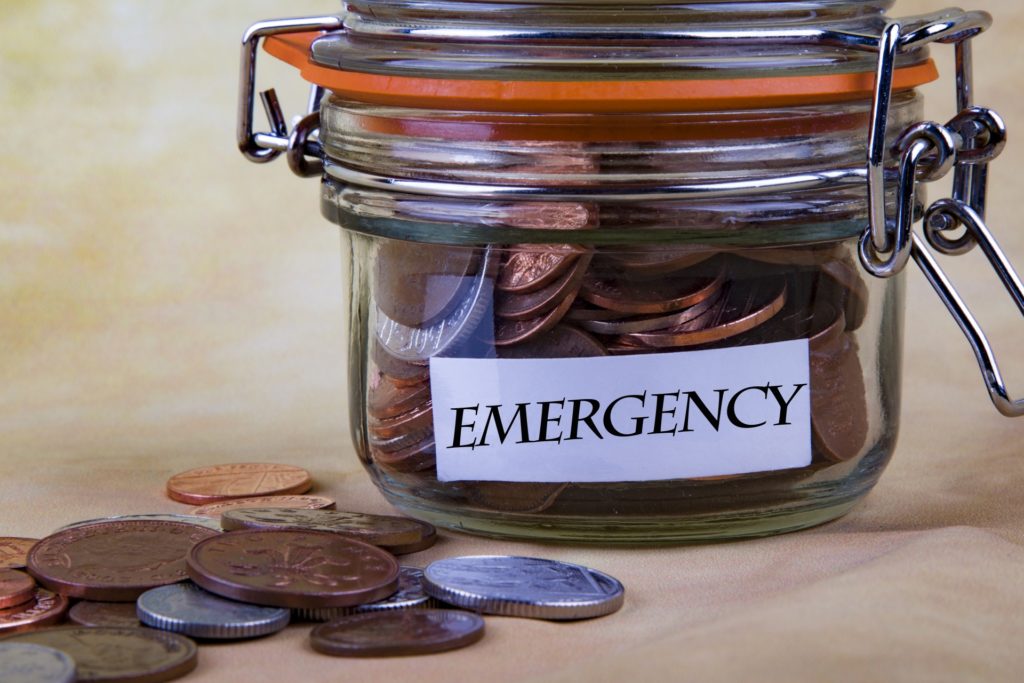Preparing for Financial Emergencies When You Haven’t Got a Huge Amount of Savings

Even if you tend to manage quite well, a financial emergency could hit any of us at any time. Maybe you’ll leave one morning to find that your car has broken down and needs urgent repairs, an essential home appliance will give up on you, or even worse, you could be suddenly told that the company you work for has gone bust leaving you scrambling for a job. Financial emergencies aren’t nice, but they can happen to anybody. So, it’s best to be prepared. Even if you’ve not got six months’ worth of income sitting in a savings account, there’s plenty that you can do to make sure you’re not hit too hard if an unexpected expense occurs.
Have an Emergency Fund:
The best way to make sure that you’re ready to deal with any financial emergencies is to have an emergency fund. Don’t worry if you can’t afford to put loads of money each month into a savings account. Even a few dollars a month spare can go a long way over time and give you a little bit of a safety net and peace of mind. Many banks are offering customers the option to round up the change when spending, which can add up to more than you think. Or you could skim your bank account every day; for example, if you’ve got $102.40, round it down to $100 and put the $2.40 in your savings. Micro-saving is much easier than putting a huge chunk of money away each month and it really works.
Get an Emergency Credit Card:
A credit card that you strictly use only in the event of an emergency when there’s no other option will give you peace of mind. Coupled with putting savings into an emergency fund, you can use a credit card to top it up if you have to if you’re faced with a large unexpected expense. And of course, there’s always the benefit of your credit score improving if you repay it in full and on time, or make timely monthly repayments if you’re unable to repay in full. If you don’t want to get a credit card or don’t trust yourself not to use it for other things, do some research on the best short-term loan options like LoanPigUSA for cash installment loans. They may be useful if you are able to easily make repayments on your next few paydays.
Ask for Help:
Finally, in the worst-case scenario, don’t forget that help might be available for you. In some cases, your employer might be willing to help out with an advance on your wage that can be repaid on your next payday or spread over your next few paydays if needed – it never hurts to ask. Or, speak to your family and friends and see if any of them are in a position to help you out. If you need to borrow, it’s usually easier and cheaper to borrow from family or friends since you won’t need to pay interest. Just be sure to repay them!
Financial emergencies of any size can happen to anybody. And while it might not be realistic for everybody to have six months of income in their savings, there are other things that you can do to be more prepared.


